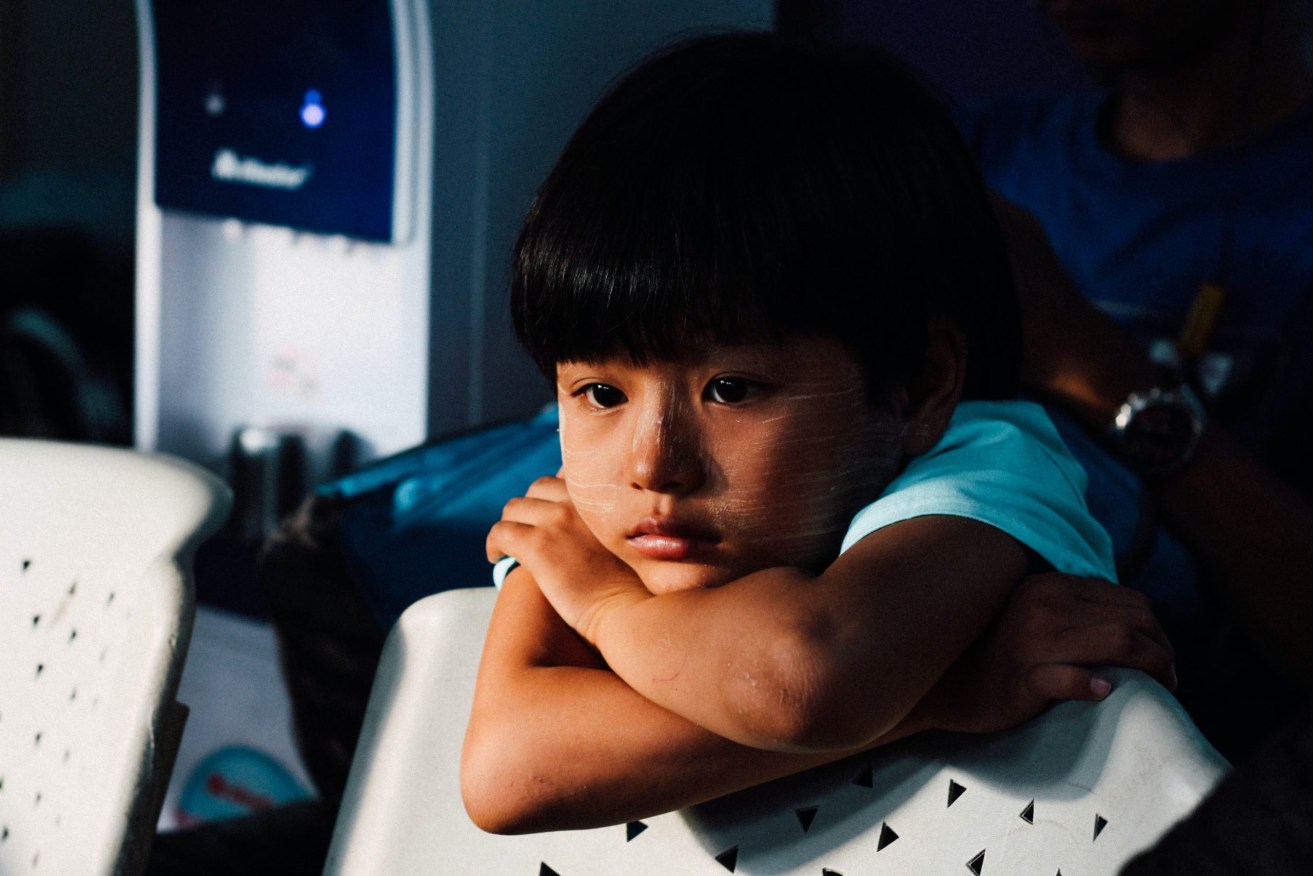Coronavirus survey into children’s mental health reveals anxiety, depression
Nearly one in five children experienced disruptive behaviour, disturbed sleep, and symptoms of anxiety or depression during coronavirus restrictions earlier this year, however, the majority adapted well to the changes, a national survey has found.

Chinh le Duc. (Photo: Unsplash)
The survey of more than 700 families found that while 80 per cent of the children were reported to have good mental and emotional health, up to 10 per cent may need support.
The survey provided valuable insights into the lived experience of young children during the pandemic.
One parent reported their three-year-old son was playing cars and one of the vehicles was an “ambulance taking all the dead people to hospital because of the virus”.
Another parent of a four-year-old girl said her teddies and dolls were in trouble for not washing their hands properly or coughing into their elbow.
The survey focused on children aged between one and five and was taken between May and July by Children’s Health Queensland, with half of the respondents from the state.
Lead researcher Dr Alex De Young said the mental health needs of children were often forgotten, despite being affected in a variety of ways by the pandemic.
“Young children are resilient … they’re adapting to change, showing positive mental health and meeting their developmental milestones,” she said.
“About 20 per cent of children have experienced confusion, worry and unhelpful thoughts and behaviours related to COVID-19.
“With support from parents and other caring adults, most of these problems are likely to settle over time.
“Families who have experienced other traumatic events, such as the bushfires earlier this year, or other natural disasters, or those who don’t have much social support, are more likely to struggle with the ongoing pandemic.”
The survey also found about 77 per cent were impacted by not seeing their friends and family, 58 per cent by a change in routine, 57 per cent by missing important events and 11 per cent by financial hardship.
De Young said children would cope best with the pandemic if they had warm and responsive parents or caregivers, a set daily routine and age-appropriate discussions about the pandemic and what it meant for them.
“Limit children’s exposure to media, but don’t avoid talking about the pandemic altogether,” she said.
“Like adults, many children are upset about having their world disrupted and they may have misunderstandings or worries, so it’s important to help them express their feelings and reassure them about the future,” she said.
The Australian researchers are leading an international collaboration involving the US, Spain, Poland, the Netherlands, Scotland, Turkey and Greece.
The 12-month study is being conducted in conjunction with the University of Queensland, Griffith University, the University of Melbourne and the University of Southern Queensland.
The second round of the survey is now open to Australian families, with the third and fourth rounds to be undertaken in November and December 2020, and May, June and July 2021.
– ABC / © 2020 Australian Broadcasting Corporation. All rights reserved.












